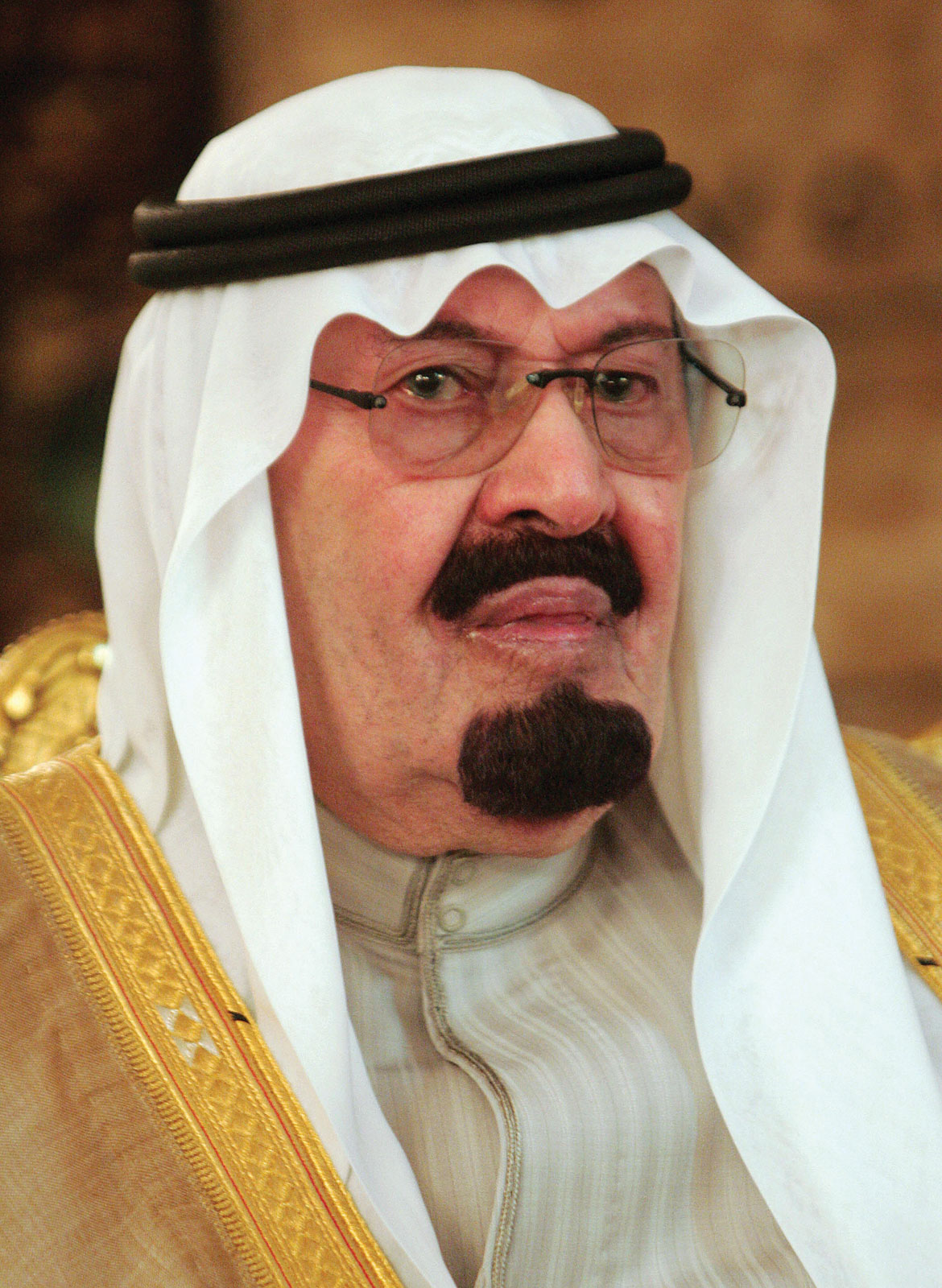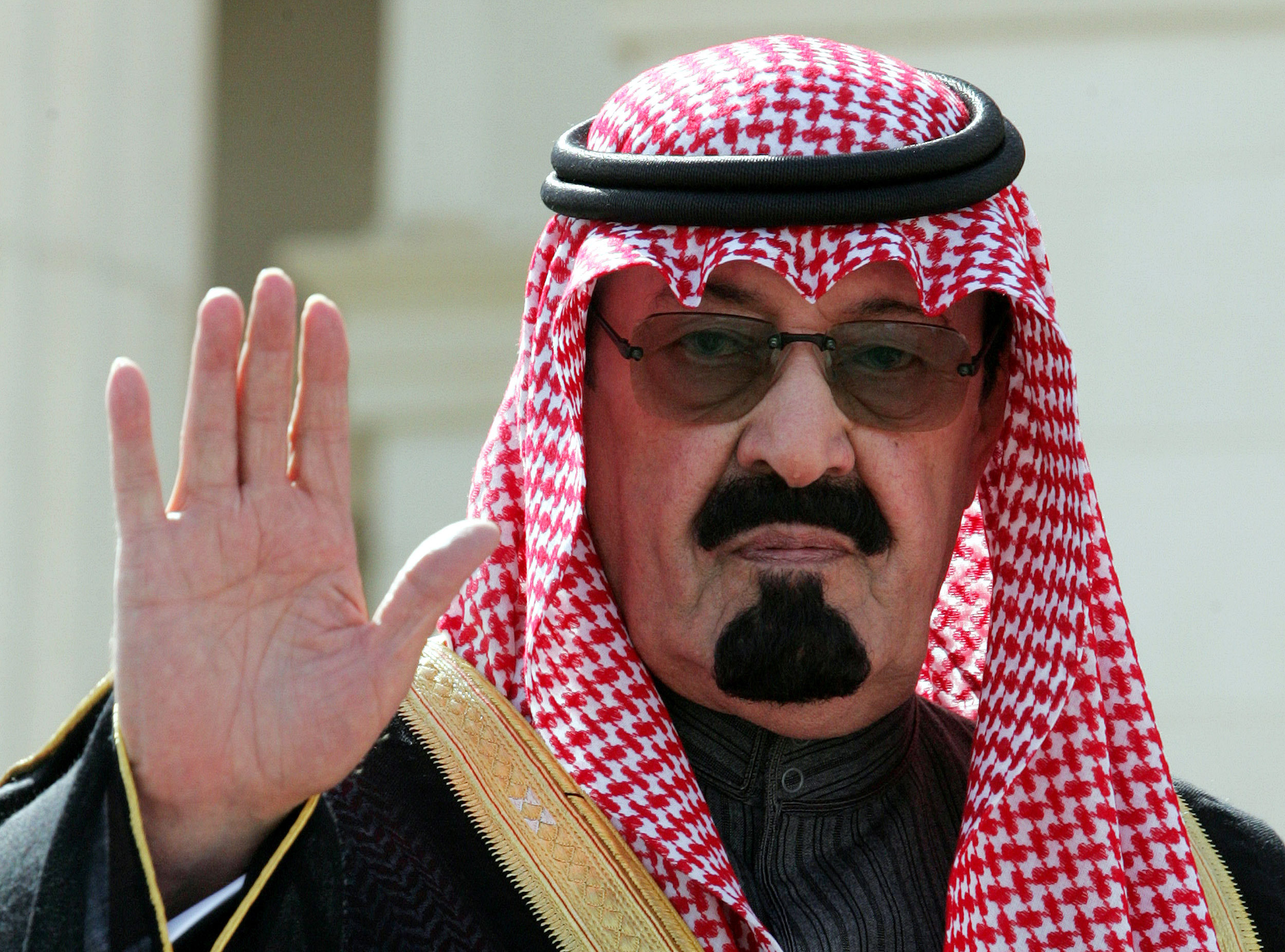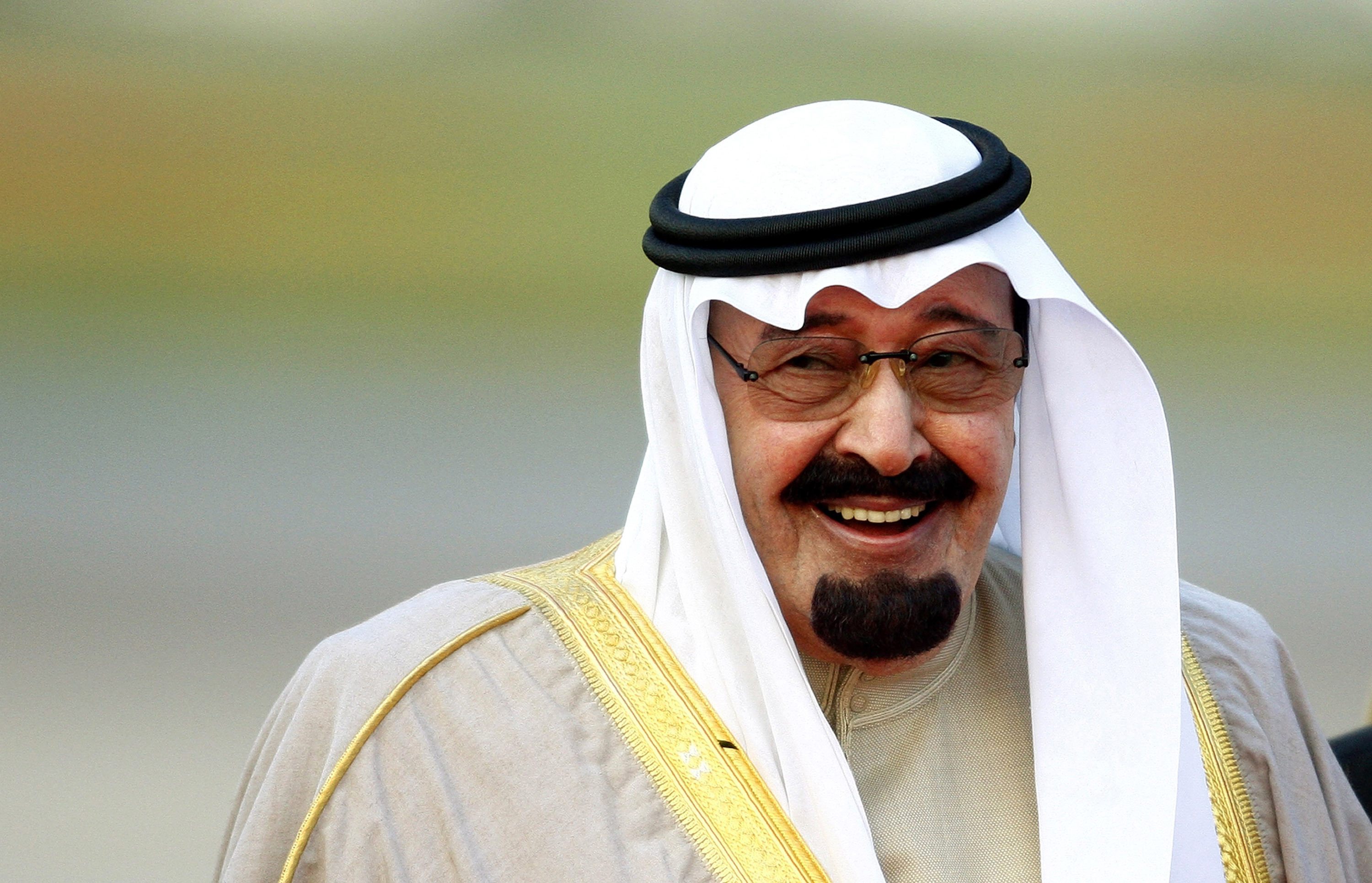Abdullah Nana - Exploring A Meaningful Name
When we hear a name like Abdullah, there's often a feeling of history and a deep sense of connection to something significant. This particular name, you know, carries a lot of weight, a really interesting story behind it that goes back a long way. It's a name that has been around for ages, passed down through generations, and it holds a special spot for many people across different cultures and places. So, when someone is called Abdullah Nana, it’s like they carry a piece of this rich past with them, a bit of a legacy, actually.
The name Abdullah itself, in its original form, comes from Arabic roots, and it means something quite profound. It's a combination of two parts, with each part adding to the overall sense of what the name represents. This makes it more than just a label; it’s a phrase, a description, a kind of declaration, in a way. People who bear this name are often seen as embodying the qualities that the name suggests, which is pretty cool when you think about it. It gives a person a kind of identity that is rooted in something bigger than just themselves, perhaps.
There are many ways to write this name, too, which just shows how widely it has traveled and how many different people have adopted it over time. You might see it spelled as Abdallah, or Abdulla, or even Abdellah, and many other versions besides. Each spelling, while slightly different, still points back to that same core meaning, that same original idea. It’s a truly global name, you know, one that crosses borders and cultures, and it’s very interesting to see how it has been adapted in various places, still holding onto its central idea, more or less.
Table of Contents
- A Look at the Name Abdullah - What Does it Mean?
- Personal Details and Background for an Abdullah
- Is the Name Abdullah Nana Common?
- The Spiritual Significance - What Does it Tell Us About Abdullah Nana?
- Understanding the Cultural Aspects of the Name Abdullah
- Legal Matters - What Happens When an Abdullah is Involved?
- Abdullah in the Public Eye - How Does it Appear?
- What is the Origin of Abdullah Nana's Name?
A Look at the Name Abdullah - What Does it Mean?
The name Abdullah, or ʻabd allāh as it might be seen in its more original form, is a name that really carries a lot of meaning. It's a theophoric name, which, you know, just means it’s a name that includes the name of a god. In this case, it's an Arabic name, and its sense is quite clear: it points to someone being a 'servant of Allah.' This idea is formed by taking the Arabic word 'abd,' which means 'servant,' and joining it with 'Allah,' which is the Arabic word for God. So, when someone is named Abdullah, they are, in a way, being called 'God's servant,' which is a pretty powerful concept, actually.
This name isn't just one fixed spelling, either. It has many different ways it can be written down, which is quite common for names that have traveled widely across different languages and places. You might see it as abdullah, abdhullah, abdellah, abdollah, abdallah, abdulla, abdalla, and there are even more versions besides these. Each of these spellings, while looking a little different on paper, still holds onto that core meaning, that central idea of being a servant to the divine. It’s a very interesting linguistic trait, how a name can change its appearance but keep its heart, so to speak, in some respects.
The name is also one of the most common names in many parts of the world, especially where Arabic is spoken or where there are large Muslim communities. This popularity speaks to the significance of its meaning. To be a 'servant of Allah' is a deeply spiritual idea for many people, representing humility, devotion, and a connection to a higher purpose. It's a name that, you know, truly resonates with a lot of folks because of its spiritual depth. It’s not just a sound; it’s a concept that people carry with them, apparently.
- Katie Couric Naked
- %EA%B3%A8%EB%95%8C%EB%A6%AC%EB%8A%94 %EC%BB%A4%ED%94%8C
- Is Bill Oreilly Sick
- Clank Clank Clank Crunch
- Friendly Dental Mooresville
Personal Details and Background for an Abdullah
When we think about individuals who carry the name Abdullah, we can look at some prominent figures who have made their mark on history. One such person was Abdullah of Saudi Arabia, who was a very important leader for a significant period. He was born around 1923 and passed away on January 23, 2015, in Riyadh, which is the capital city of Saudi Arabia. He held the position of king for a decade, from 2005 to 2015, which is quite a long time to be at the head of a nation, really.
Before he took on the role of king, he was the crown prince, meaning he was next in line to lead the country. His journey to becoming king was a long one, spanning many years where he was involved in the affairs of the state. He was, in a way, being prepared for that top job for a considerable amount of time. His life was, you know, very much tied to the history and future of his country, as a matter of fact.
Beyond his political role, King Abdullah bin Abdulaziz Al Saud was also known for other important responsibilities. He was, for example, the custodian of two very holy mosques, which is a role that carries immense spiritual importance for Muslims around the world. This made him a figure of both political and religious significance. He was also, apparently, among the wealthiest heads of state in the world during his time, which is quite something to consider, you know.
Who Was King Abdullah, a Notable Figure?
King Abdullah bin Abdulaziz Al Saud, as we've discussed, was a very important person in the recent history of Saudi Arabia. He served as the king of that country from 2005 up until 2015. His full name, Abdullah bin Abdulaziz Al Saud, tells us his lineage, showing he was the son of Abdulaziz, who was the first king of modern Saudi Arabia. This connection, you know, placed him in a very specific line of succession, making his role somewhat predetermined, in a way.
During his time as king, he also held the very special title of the Custodian of the Two Holy Mosques. This is a title that signifies a great responsibility for the protection and care of Islam's holiest sites, which are located in Saudi Arabia. It's a role that gives the person holding it a kind of spiritual authority alongside their political one, which is quite unique, really. He was also, quite notably, considered to be the third wealthiest head of state across the globe during his period of leadership, which is, you know, a fairly astonishing detail, honestly.
His time as a leader saw many changes and developments in Saudi Arabia, and his influence was felt not just within his country but also in the wider region and on the international stage. He was, you know, a figure who had to deal with a lot of different matters, both at home and abroad. His legacy, as it were, is still very much a topic of discussion when people look back at the history of the kingdom, as a matter of fact.
Personal Details and Bio Data of King Abdullah
| Detail | Information |
|---|---|
| Full Name | Abdullah bin Abdulaziz Al Saud |
| Born | Circa 1923 |
| Died | January 23, 2015 |
| Place of Death | Riyadh, Saudi Arabia |
| Role | King of Saudi Arabia |
| Reign | 2005 - 2015 |
| Prior Role | Crown Prince |
| Other Titles | Custodian of Two Holy Mosques |
| Notable Fact | Third wealthiest head of state during his reign |
Is the Name Abdullah Nana Common?
The name Abdullah, on its own, is certainly very common, as we’ve already touched upon. It’s one of those names that you hear quite a bit in many different places, especially in communities with strong ties to Arabic language and culture. The combination "Abdullah Nana," however, might be a bit less universally known than just "Abdullah" by itself. This doesn't mean it's rare, just that the addition of "Nana" makes it a more specific identifier, perhaps pointing to a particular family or regional custom. It’s like, you know, adding a second part to a name can often make it more unique, in a way.
When a name is very common, like Abdullah, people often add other names or family names to help tell individuals apart. This is a very natural thing to do, as a matter of fact, to help with identification. So, for someone to be called Abdullah Nana, it’s a way of saying, "This particular Abdullah," distinguishing them from the many others who share the first name. It's a system that helps keep things clear, obviously, especially in places where certain names are just very popular.
The study of names, you know, can tell us a lot about how societies work and how people identify themselves. Names often carry history, family connections, and even hopes for the future. So, while Abdullah is widely used, the specific pairing of Abdullah Nana would be interesting to explore for its particular story, which, sadly, is not available in the provided text. But the general principles of how names work still apply, apparently.
The Spiritual Significance - What Does it Tell Us About Abdullah Nana?
The name Abdullah holds a truly special meaning, one that goes very deep, spiritually speaking. It’s a name that, you know, carries a kind of weight and a profound sense of purpose for many people. When someone is called Abdullah, it suggests a connection to the divine, an idea of service and devotion that is really at the core of its meaning. This spiritual aspect is what makes the name so significant and why it has been cherished for so long across different generations and cultures, as a matter of fact.
Our study, which is based on the information we have, looks at the origins of this name, its theological significance, and how it fits into various cultural settings. The theological significance, in particular, is about how the name relates to religious beliefs and practices. The idea of being a 'servant of Allah' is a central concept in Islam, emphasizing humility, submission to God's will, and a life lived in accordance with divine principles. This makes the name a constant reminder of one's spiritual path, arguably.
For anyone named Abdullah, including someone like Abdullah Nana, this spiritual heritage is, you know, a very important part of their identity. It’s not just a label; it’s a statement about their place in the world and their connection to something greater than themselves. This deep meaning gives the name a kind of dignity and respect that few other names possess, honestly. It’s a name that encourages a certain way of living, a life of devotion and service, as a matter of fact.
Understanding the Cultural Aspects of the Name Abdullah
Beyond its spiritual meaning, the name Abdullah also has a rich set of cultural aspects that are worth looking at. Names, you know, are not just sounds; they are often tied to traditions, family histories, and community values. The widespread use of Abdullah across various Arabic-speaking and Muslim communities shows how deeply embedded it is in those cultures. It’s a name that signifies belonging, a connection to a shared heritage, and a common set of beliefs, as a matter of fact.
The way the name is spelled and pronounced can vary slightly from one region to another, too, which reflects the different linguistic traditions that have adopted it. Even with these small differences, the core meaning remains the same, which is a testament to its strong foundation. This adaptability, you know, allows the name to feel both familiar and uniquely local at the same time, which is pretty interesting, honestly.
For someone named Abdullah Nana, these cultural layers would be just as important as the spiritual ones. Their name connects them to a broader community, to a history of people who have carried the same name, and to a set of cultural practices that might be specific to their family or region. It’s a name that carries a lot of stories, you know, a kind of cultural memory that is passed down through generations, apparently.
Legal Matters - What Happens When an Abdullah is Involved?
Sometimes, names appear in legal or official records for various reasons, and an Abdullah is no different. The provided text gives us a glimpse into a situation where someone named Abdullah was involved in a legal matter concerning a weapon. Police, for example, believed it was Abdullah’s gun, and they also stated that he was not permitted to carry it. This kind of detail, you know, shows how names can become part of official reports and investigations, which is just how things work, really.
In this particular incident, Rodriguez then retreated, and Abdullah fell to the ground with the weapon in his hand, according to what was said. This sequence of events, as described by authorities, highlights how quickly situations can unfold and how individuals, identified by their names, become central to the narrative of an event. It’s a very specific kind of detail, you know, that gets recorded when something like this happens, apparently.
This example, while specific to an individual named Abdullah, illustrates a general point: names are used in official capacities to identify people involved in all sorts of circumstances, from everyday paperwork to serious legal proceedings. It’s how systems keep track of individuals, honestly. So, whether it’s an Abdullah Nana or any other Abdullah, their name serves as a primary identifier in these kinds of official records, as a matter of fact.
Abdullah in the Public Eye - How Does it Appear?
The name Abdullah also appears in the public eye in many different ways, not just through historical figures like kings, but also through people who are making news in other fields. For instance, the text mentions Abdullah Mason, who is apparently heading toward a shot at a world title. This suggests he is a figure in the world of sports, likely boxing, given the context of "world title shot," which is pretty exciting, honestly.
When someone with the name Abdullah achieves something notable, whether it's in sports, politics, or any other field, it brings the name into public awareness. This kind of public presence helps to shape how people perceive the name itself, adding new layers to its existing meanings. It’s like, you know, every person who carries the name and does something significant adds a little bit to its overall story, in a way.
The fact that Abdullah Mason is on his way to a potential world title opportunity means that the name Abdullah is being associated with talent, dedication, and ambition in a very visible way. This kind of association, you know, can inspire others and contribute to the name’s ongoing legacy. It’s a good example of how a name, even a very old one, can remain relevant and appear in new contexts, apparently.
What is the Origin of Abdullah Nana's Name?
The origin of the name Abdullah, as we've explored, is firmly rooted in Arabic language and culture. It is a name that has been around for a very long time, carrying a consistent meaning throughout its history. The word 'Abdullah' means 'servant of Allah,' which comes from combining 'abd,' meaning 'servant,' and 'Allah,' referring to God. This origin is quite clear and unchanging, no matter how the name might be spelled or where it is used, as a matter of fact.
When we consider the name Abdullah Nana, the 'Abdullah' part would certainly share this well-established Arabic origin and spiritual meaning. The 'Nana' part, however, would likely have its own separate origin, perhaps from a different language or culture, or it might be a family name that has been passed down. Without more specific information about the 'Nana' component, we can only speak to the 'Abdullah' part, which is, you know, quite rich in its own right, honestly.
The combination of two names, one with a very clear and widely recognized origin like Abdullah, and another like Nana, often tells a story about a family's heritage, their migrations, or the blending of different cultural backgrounds. It's a very common practice, you know, for people to have names that reflect multiple origins, creating a unique identity. So, while the 'Abdullah' part is universal in its meaning, the full 'Abdullah Nana' would likely point to a more specific personal or family history, apparently.

I Was Here.: Abdullah of Saudi Arabia

Oil Prices Spike After Saudi Monarch's Death | TIME

Saudi Arabian King Abdullah dies - CBS News